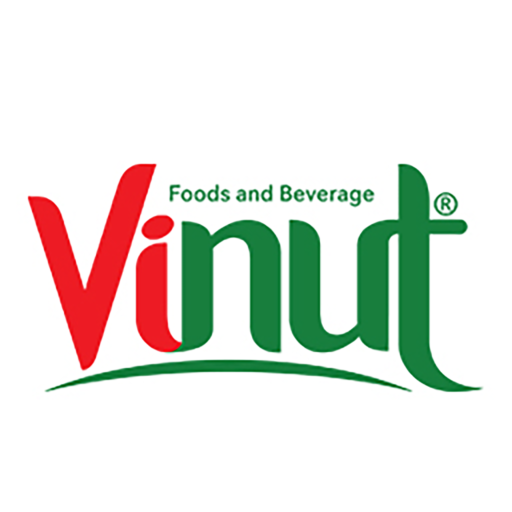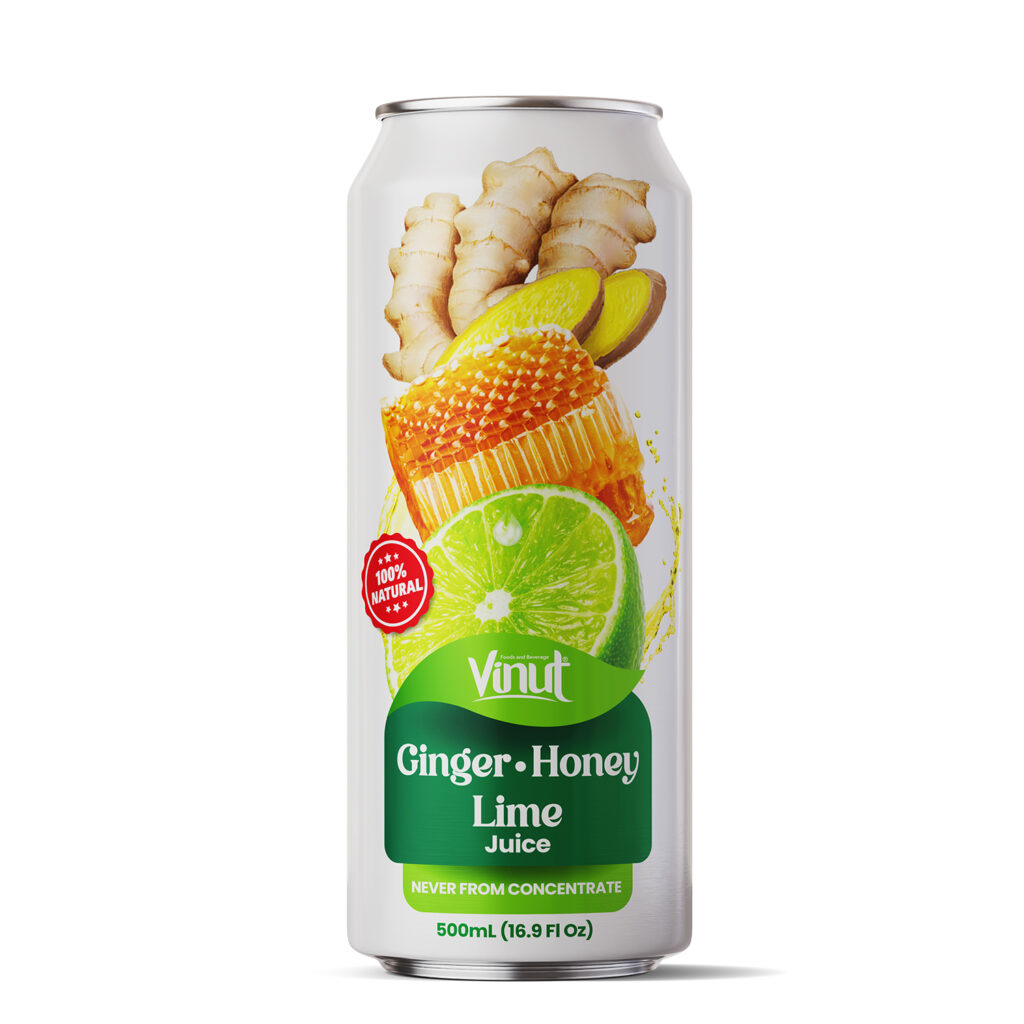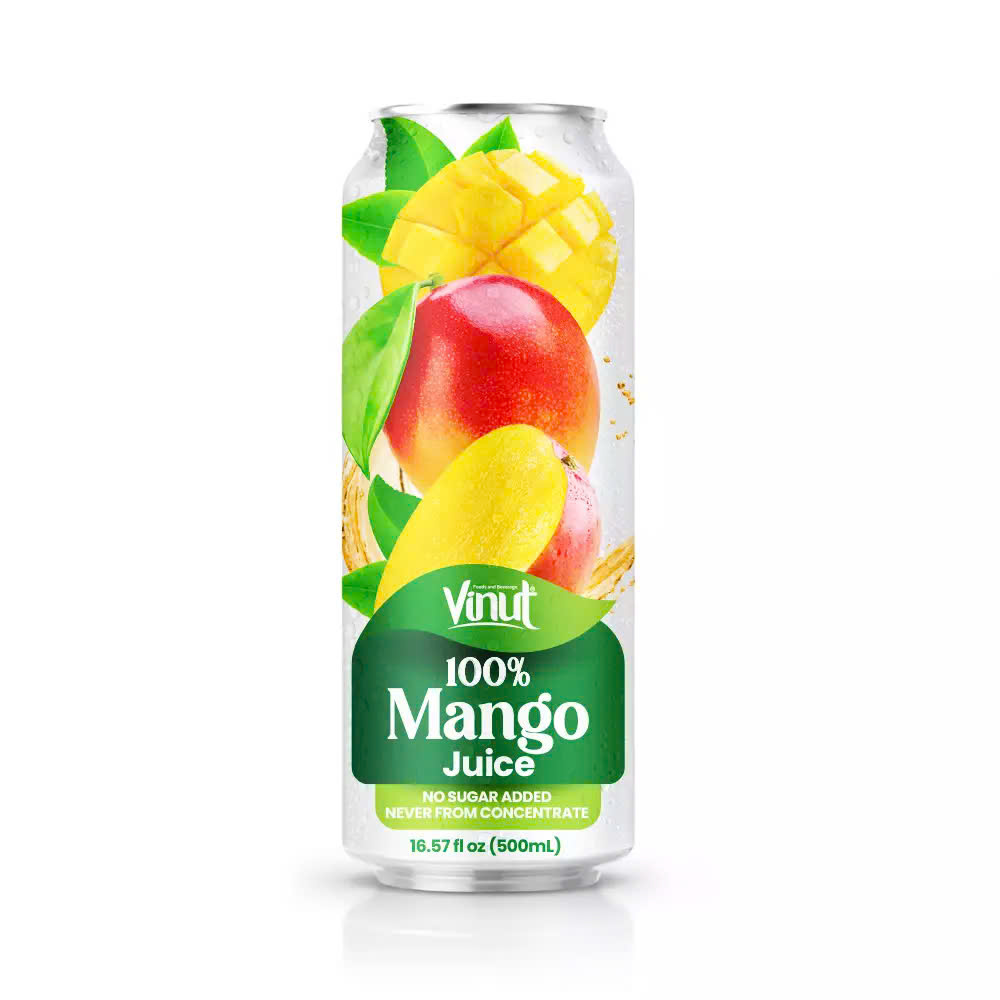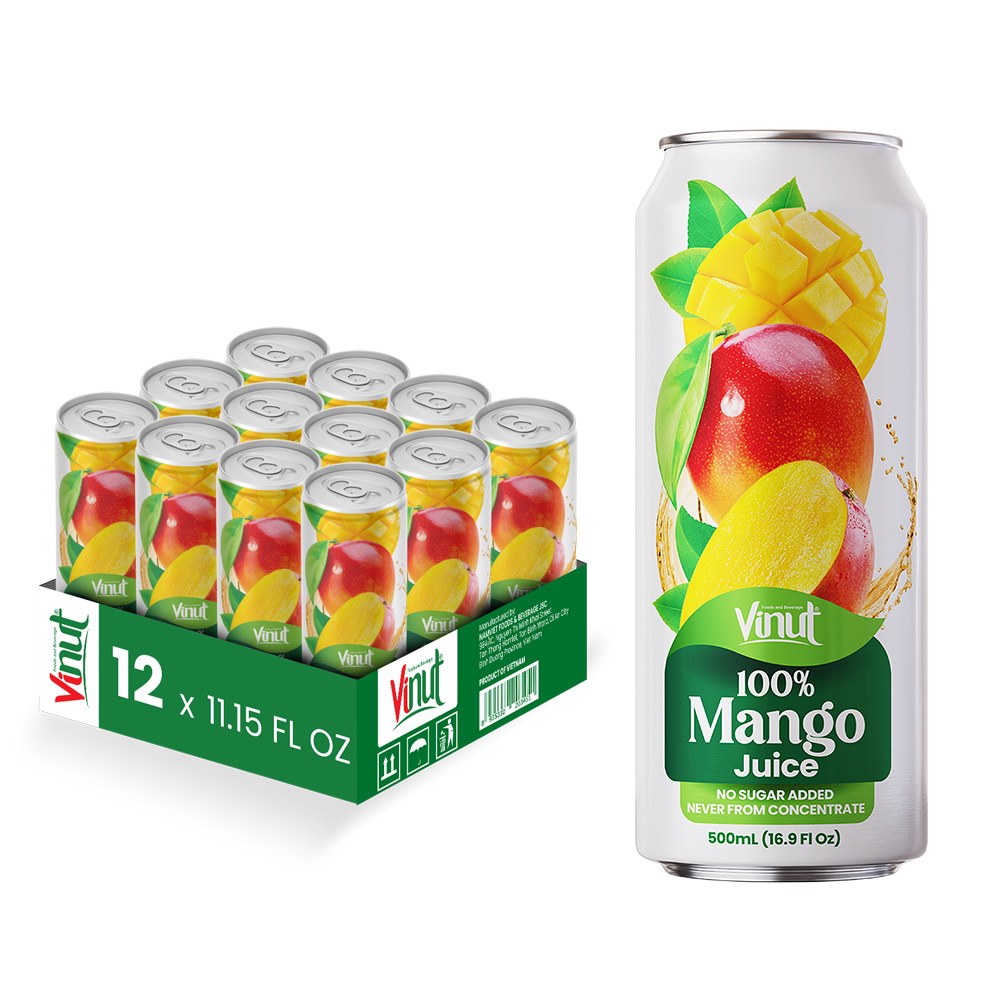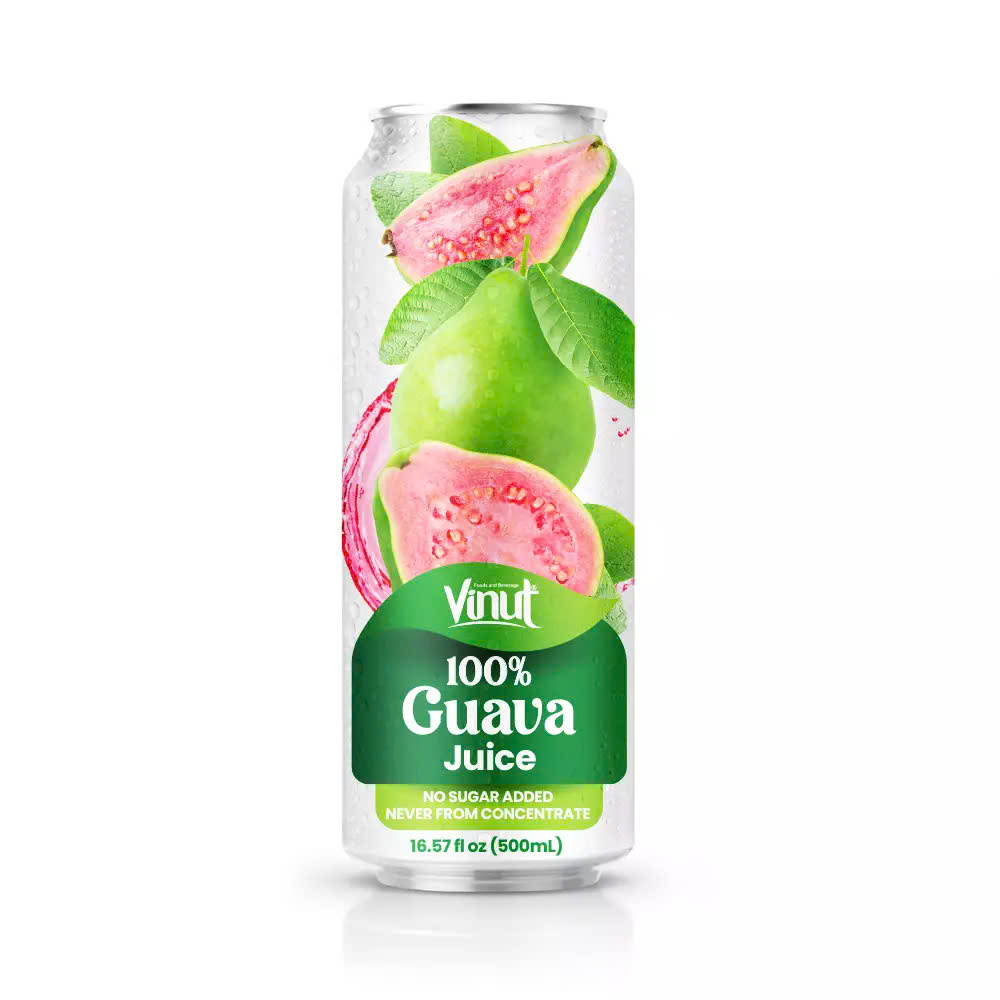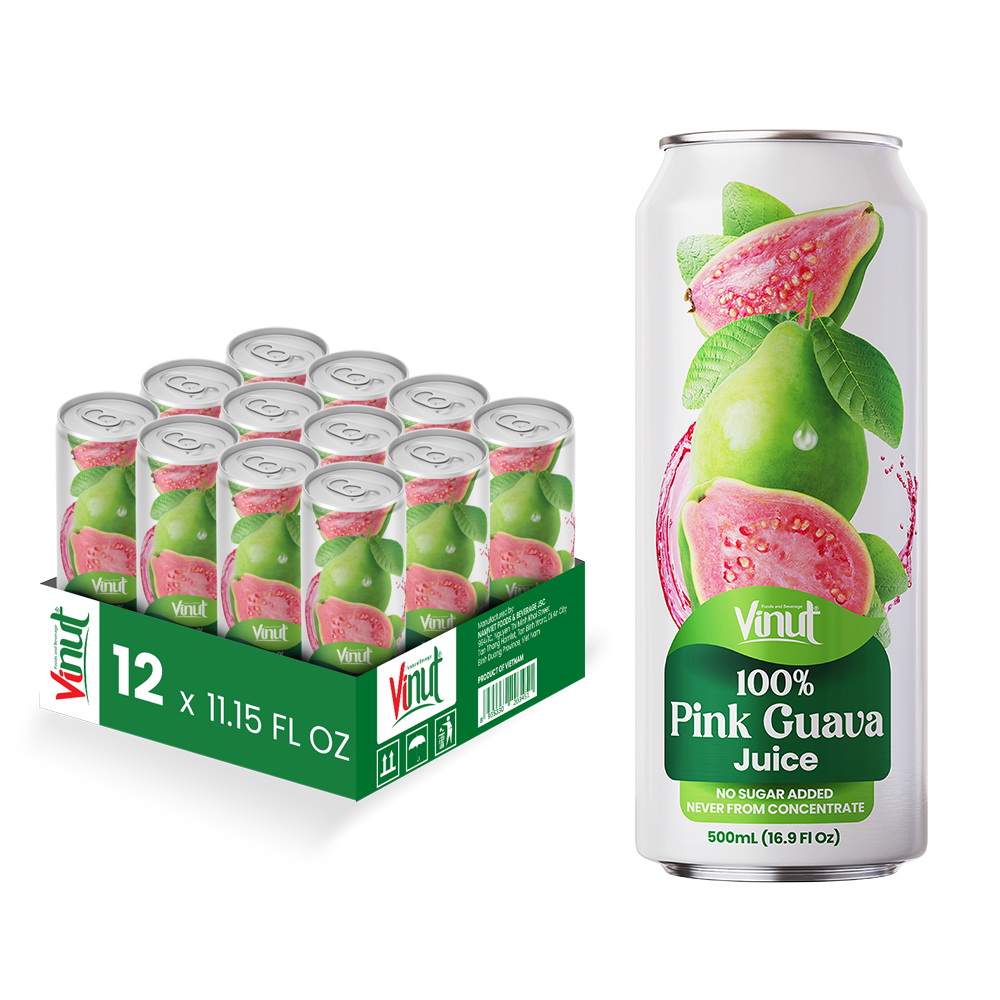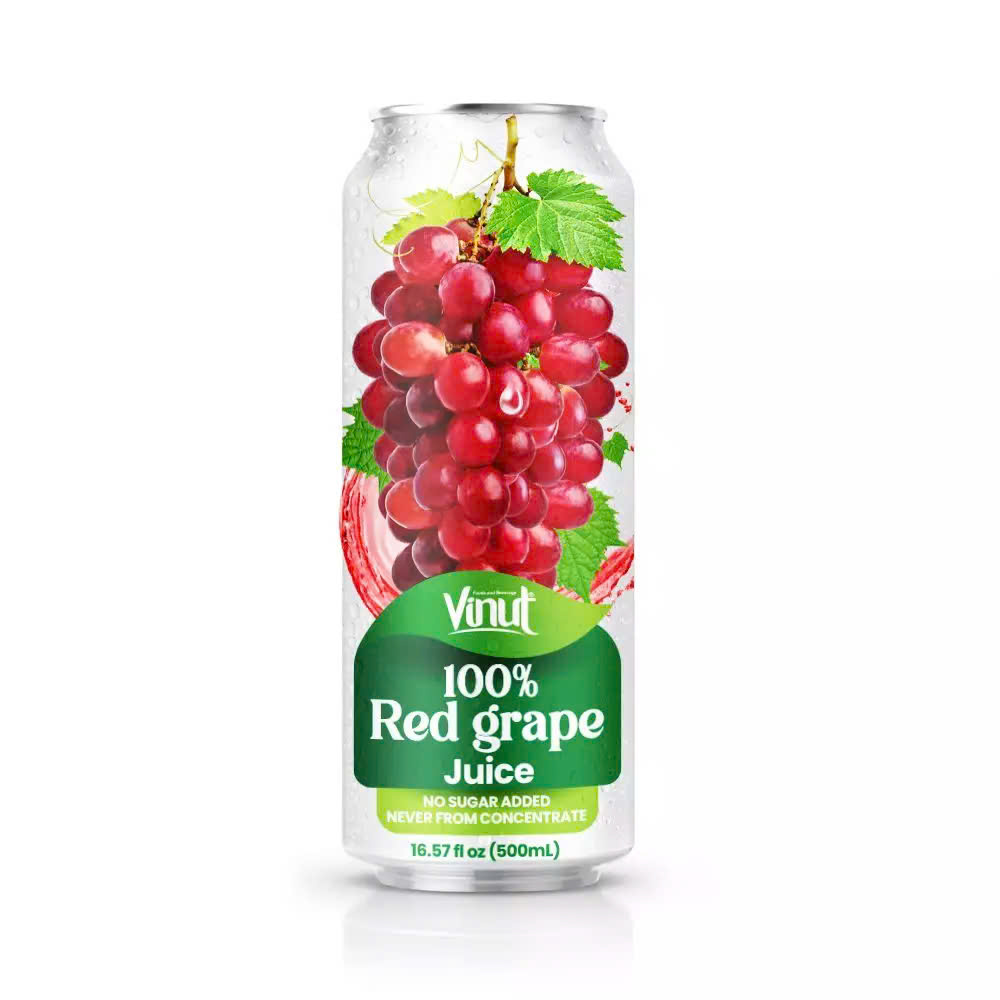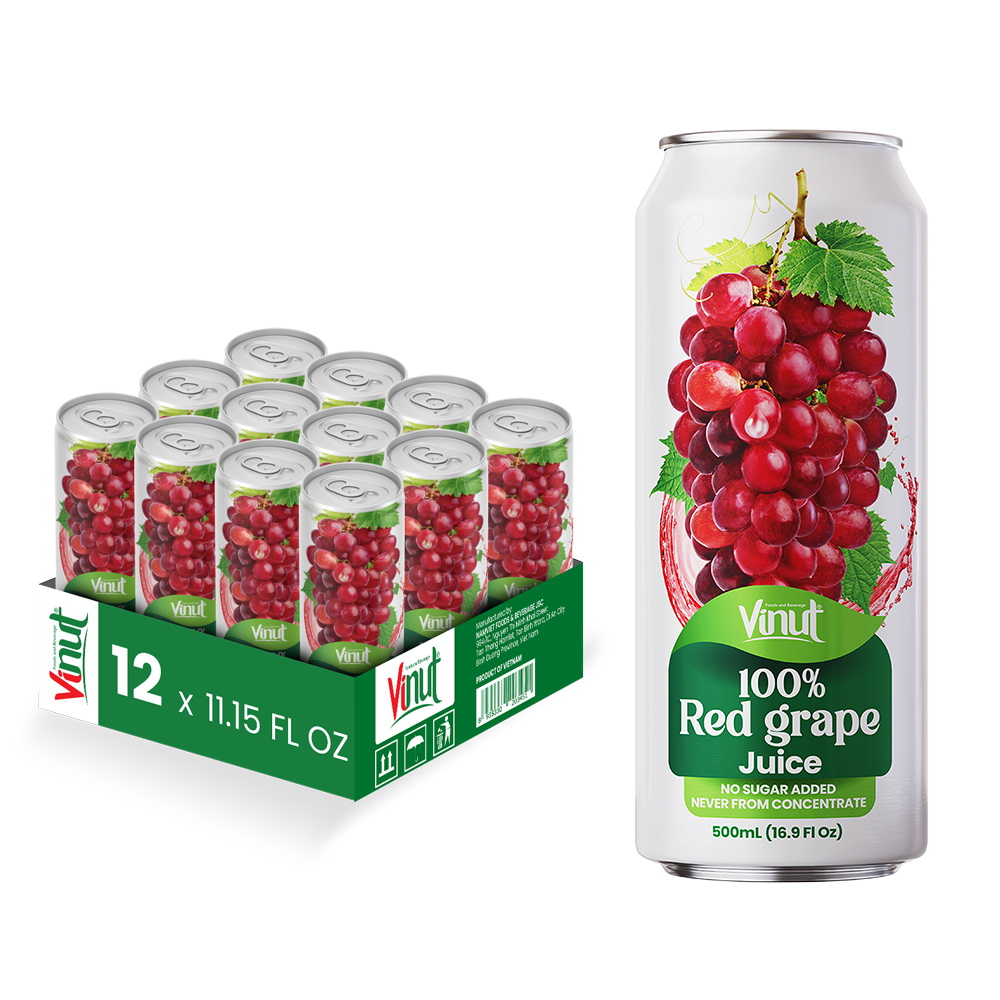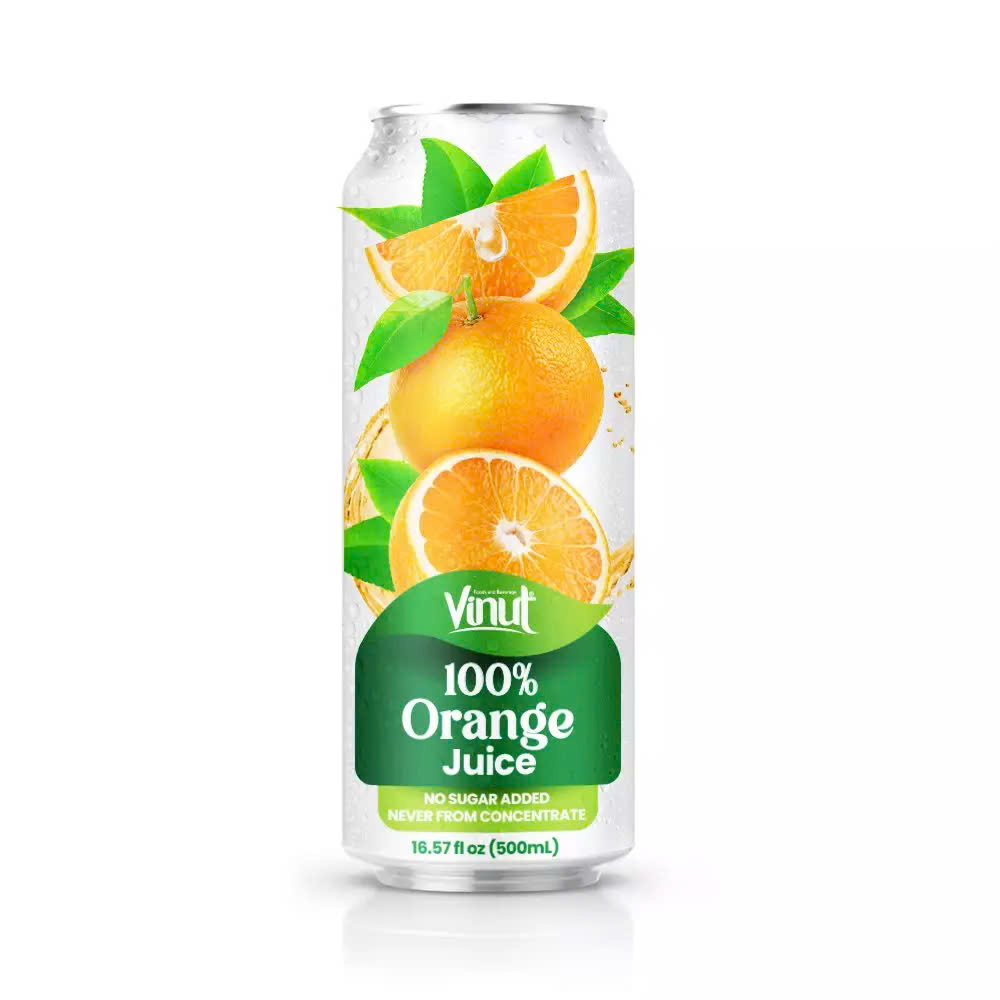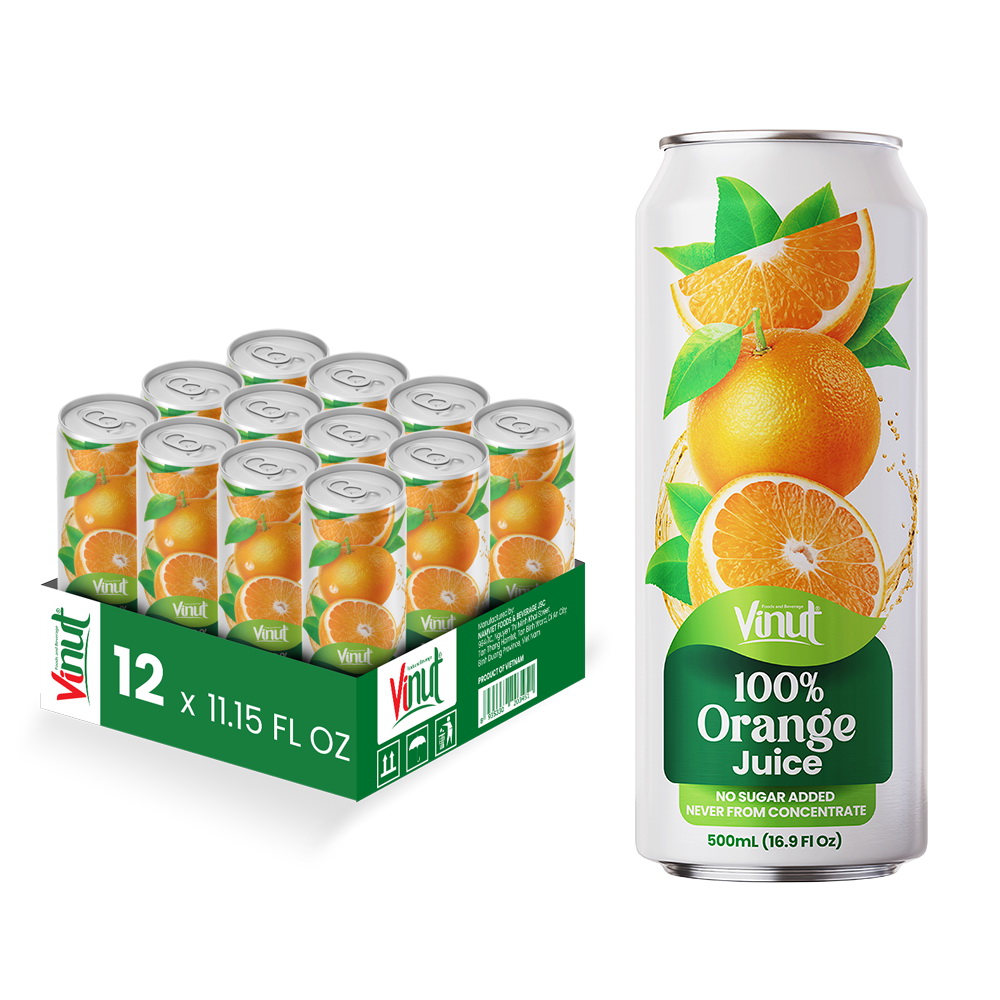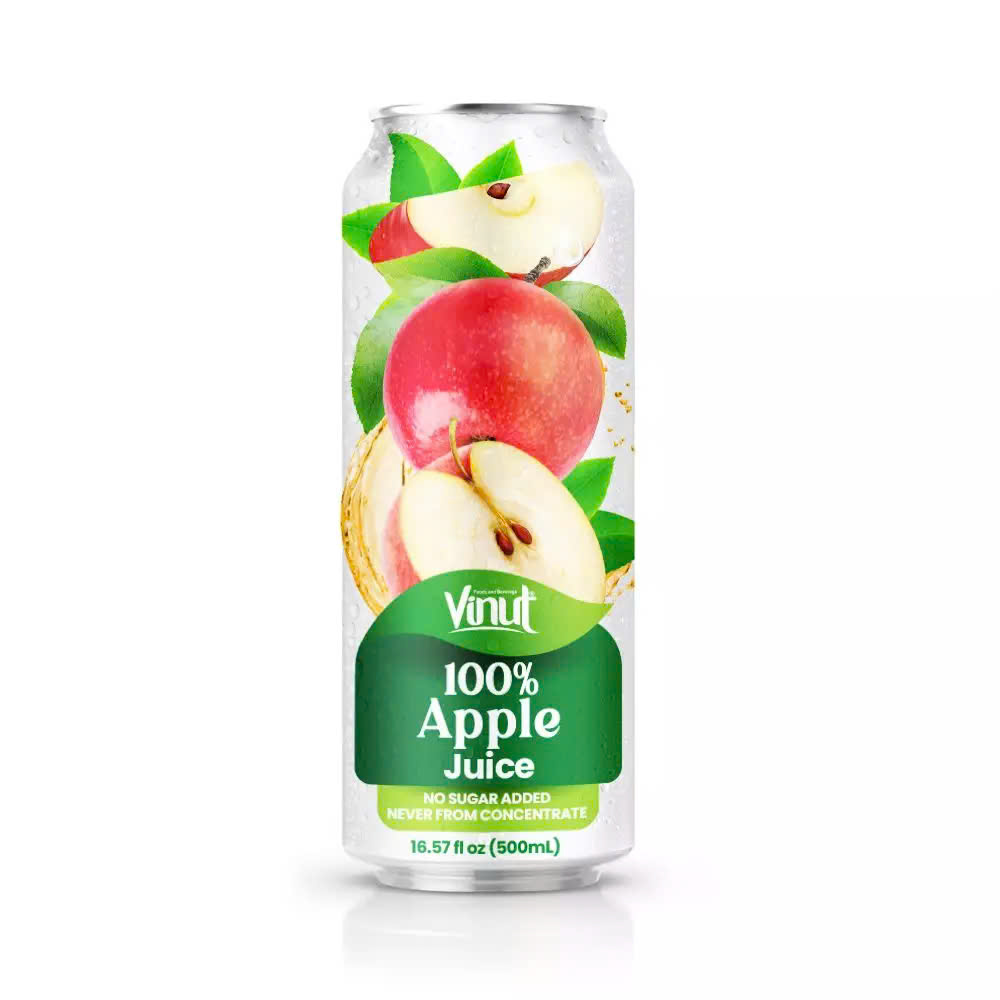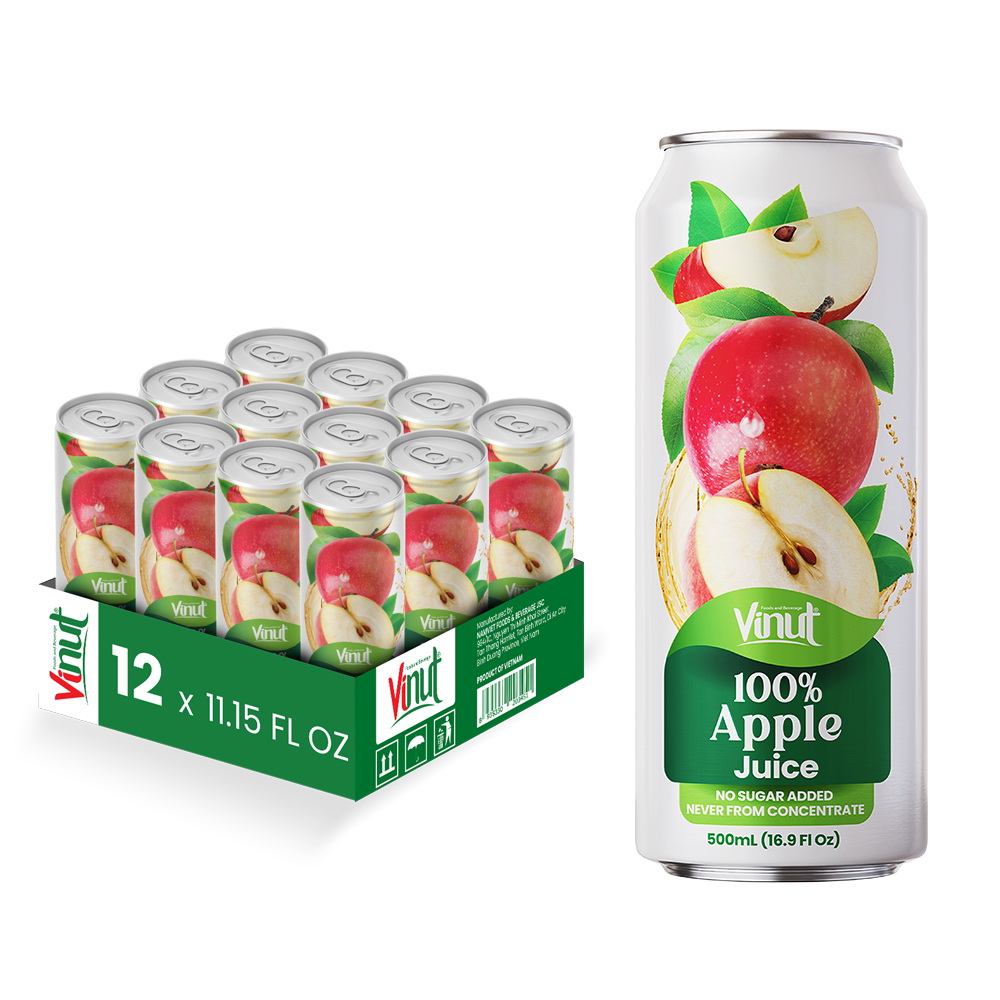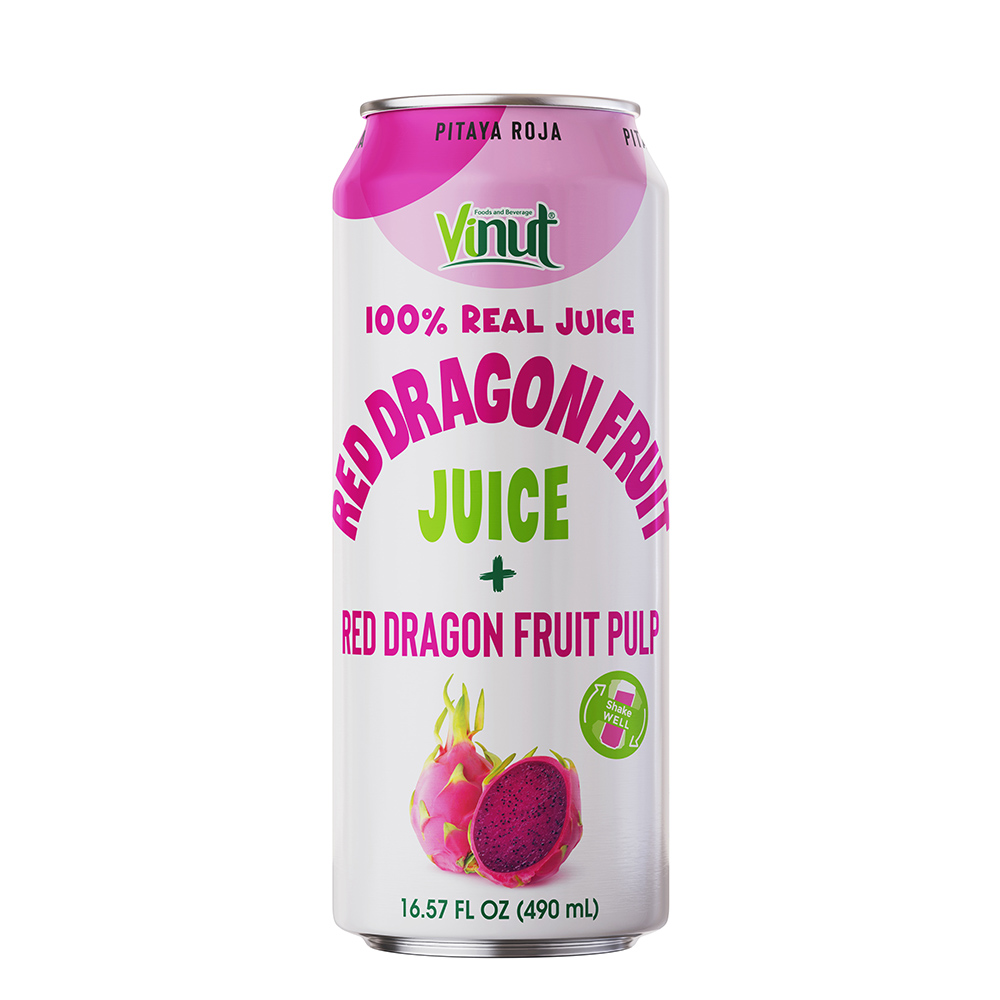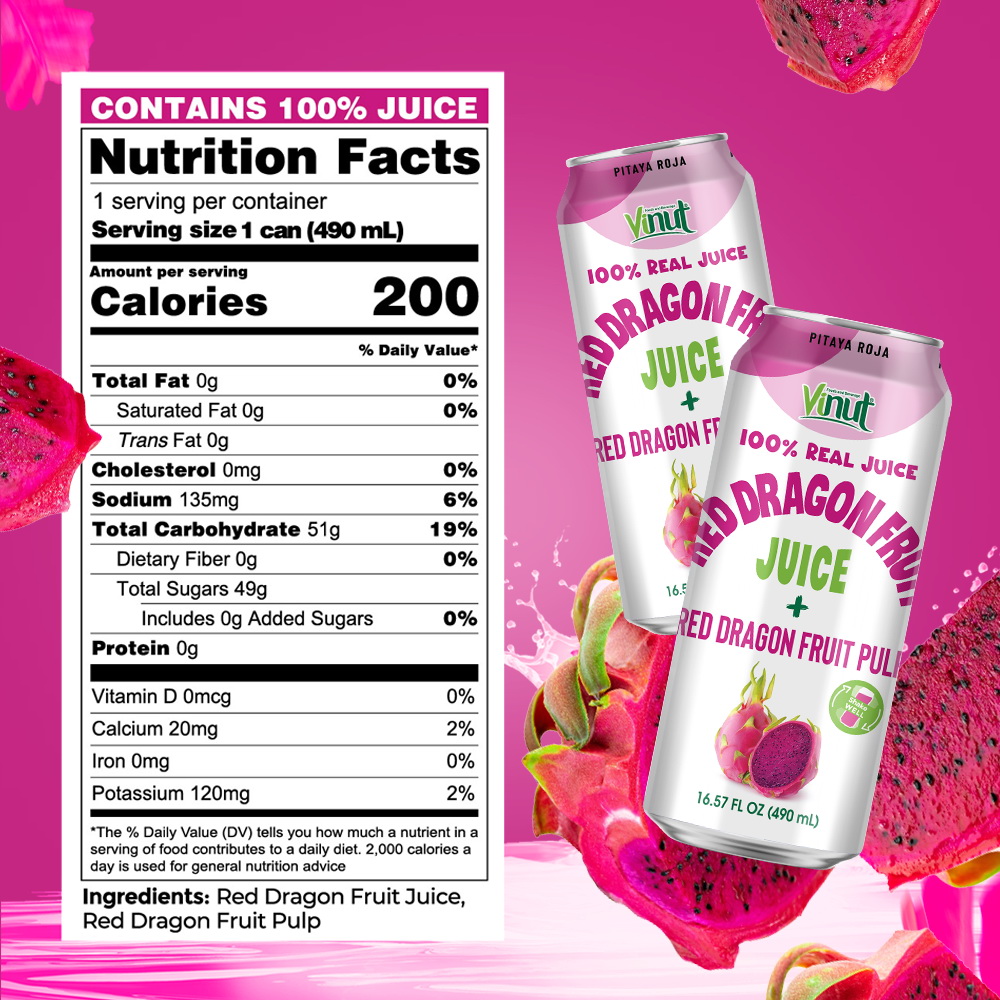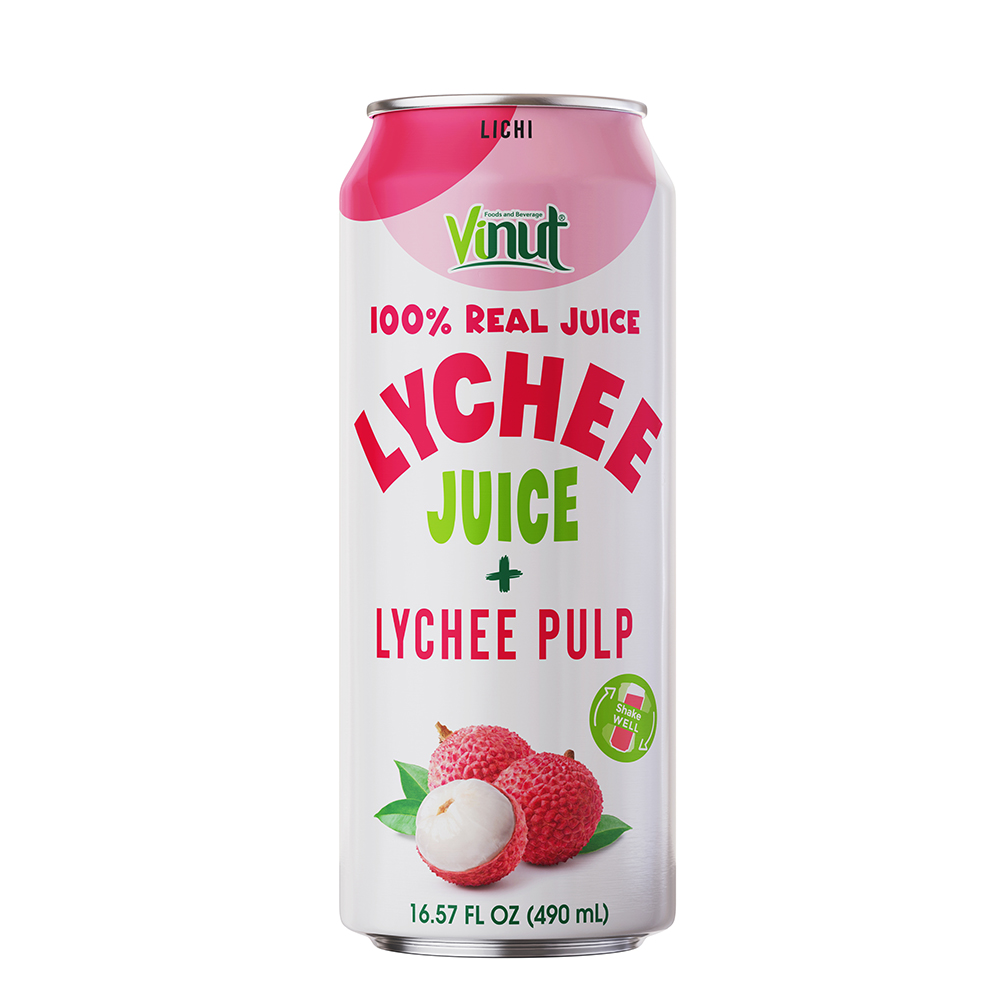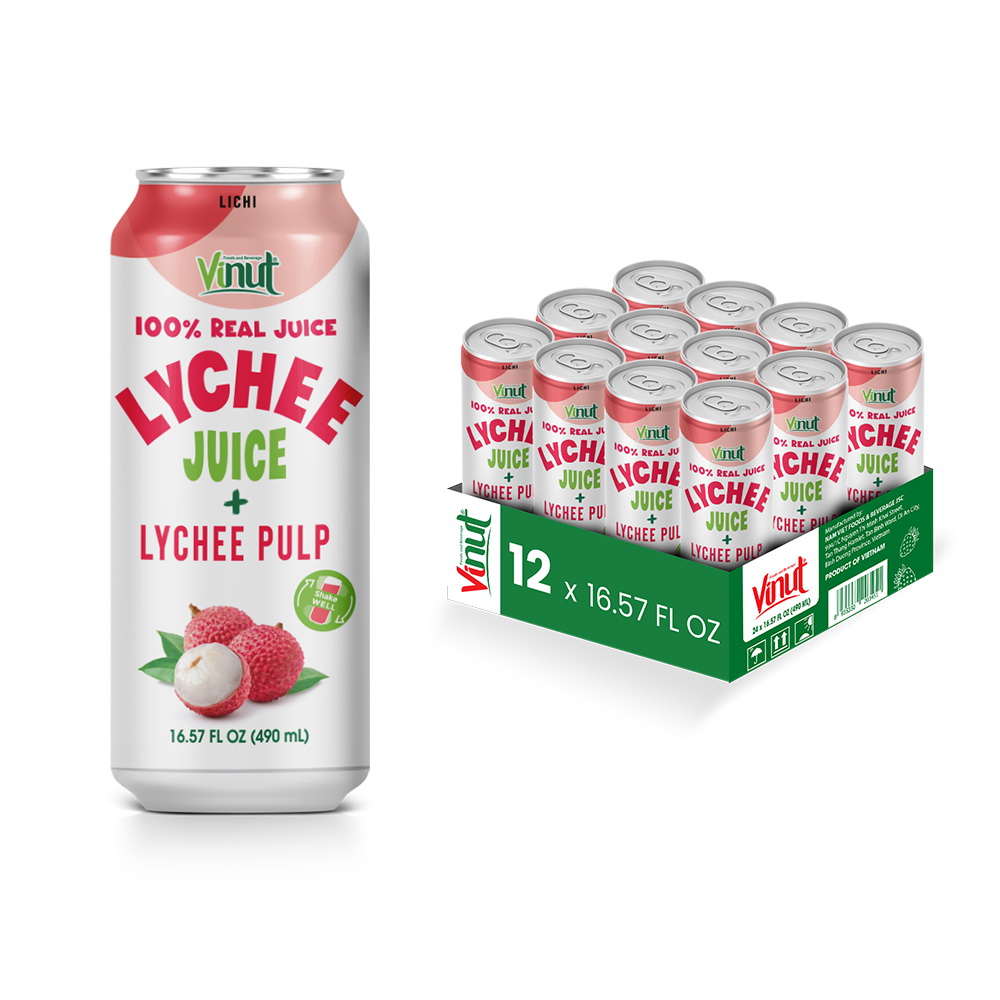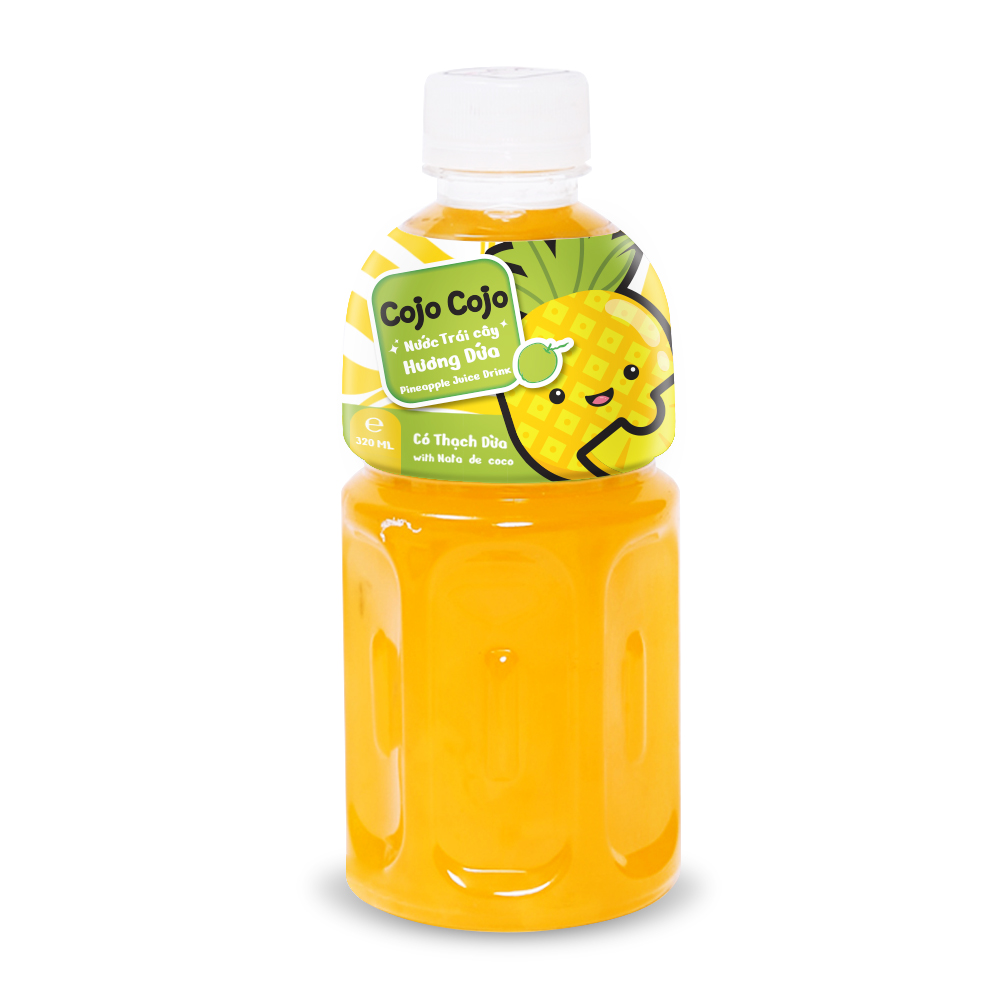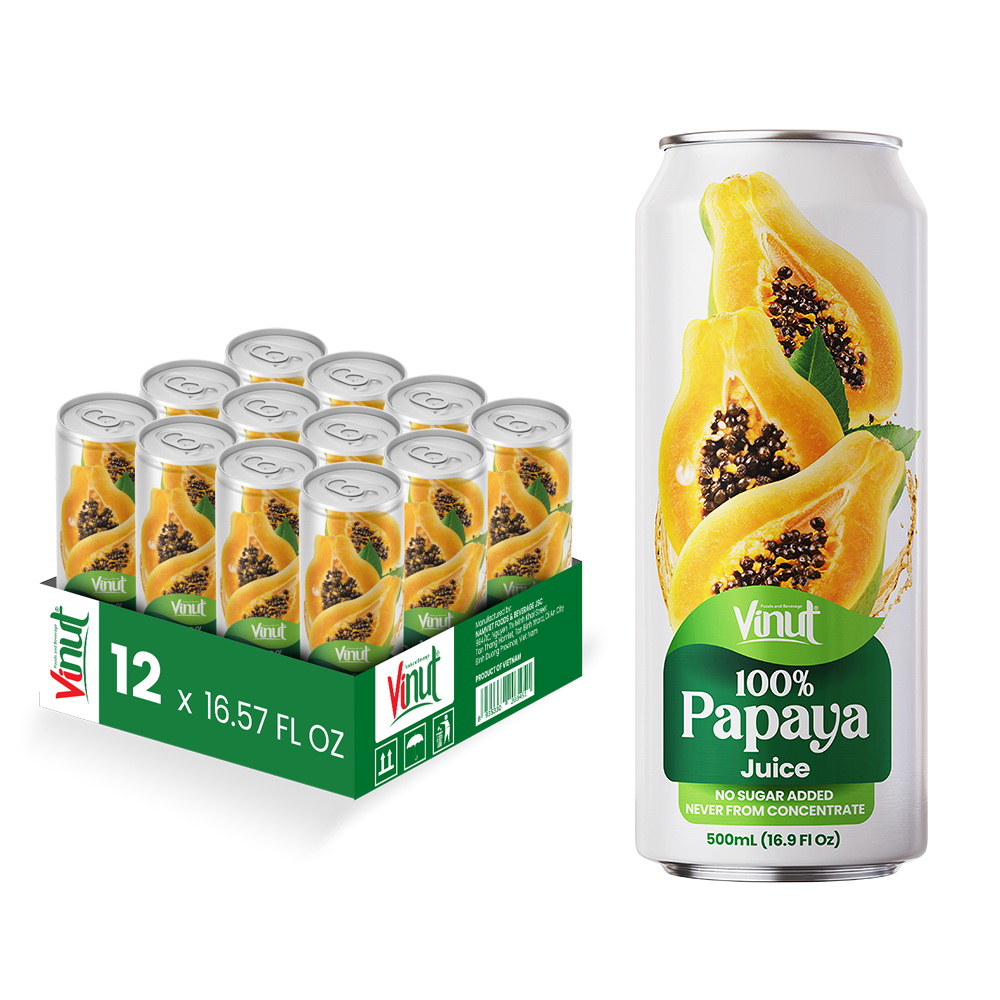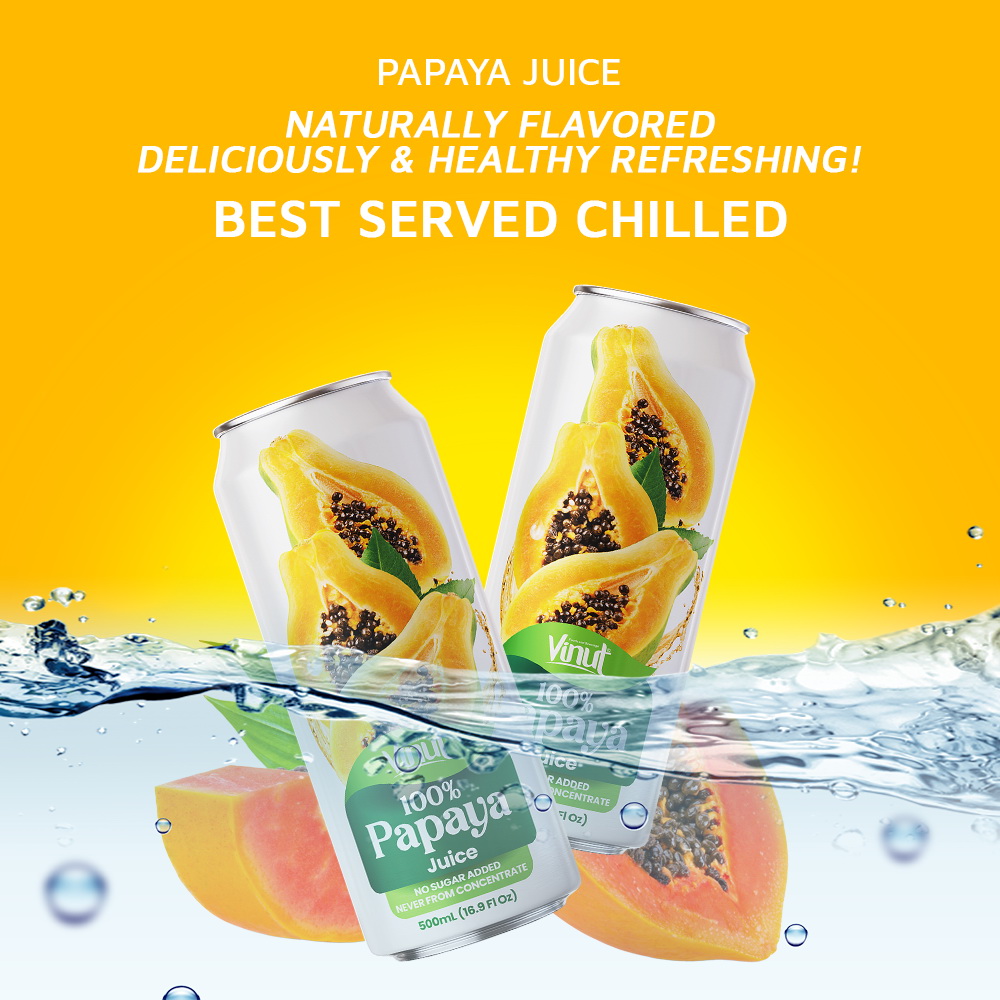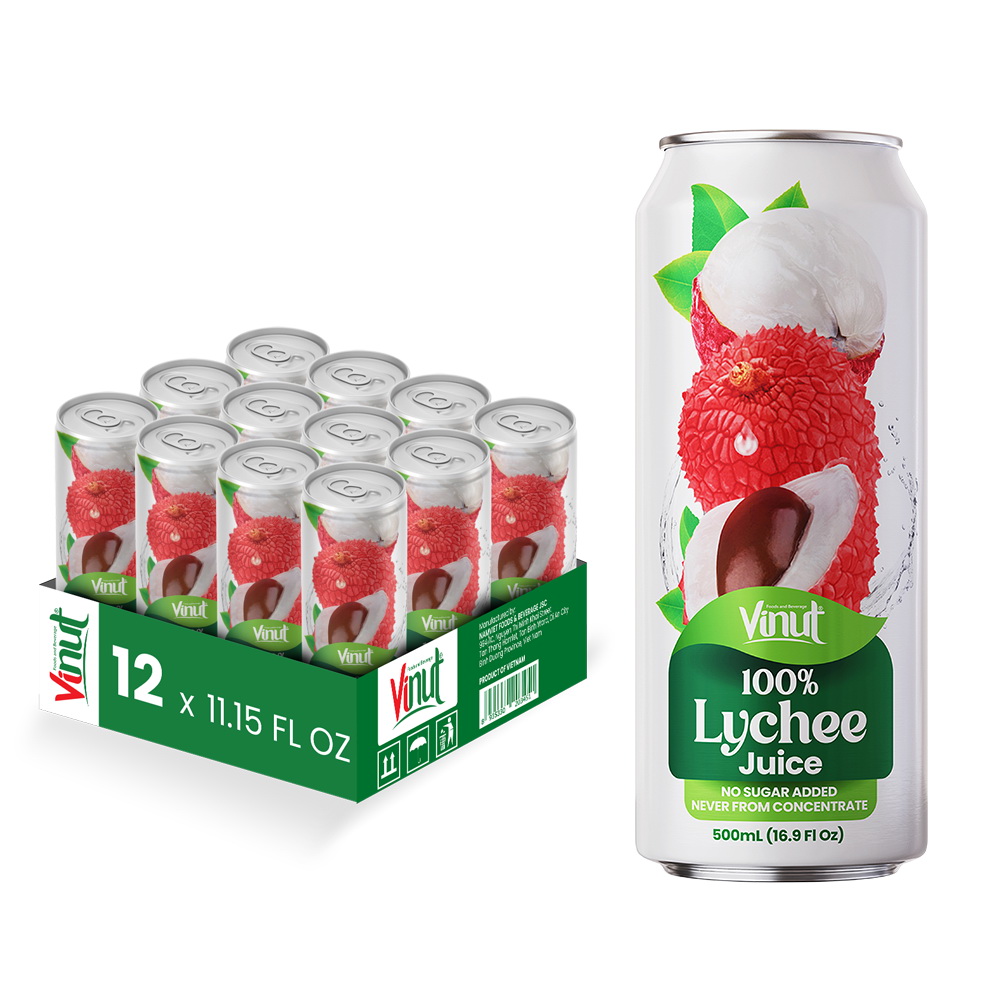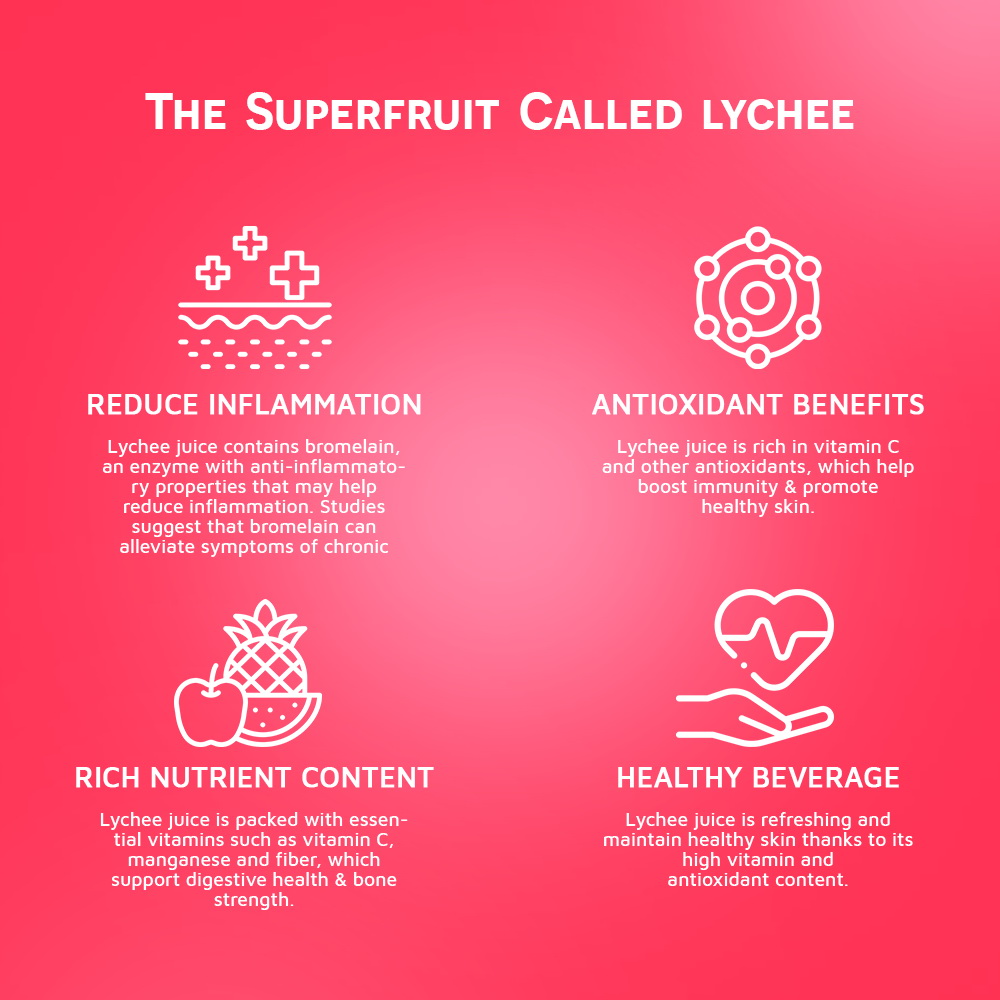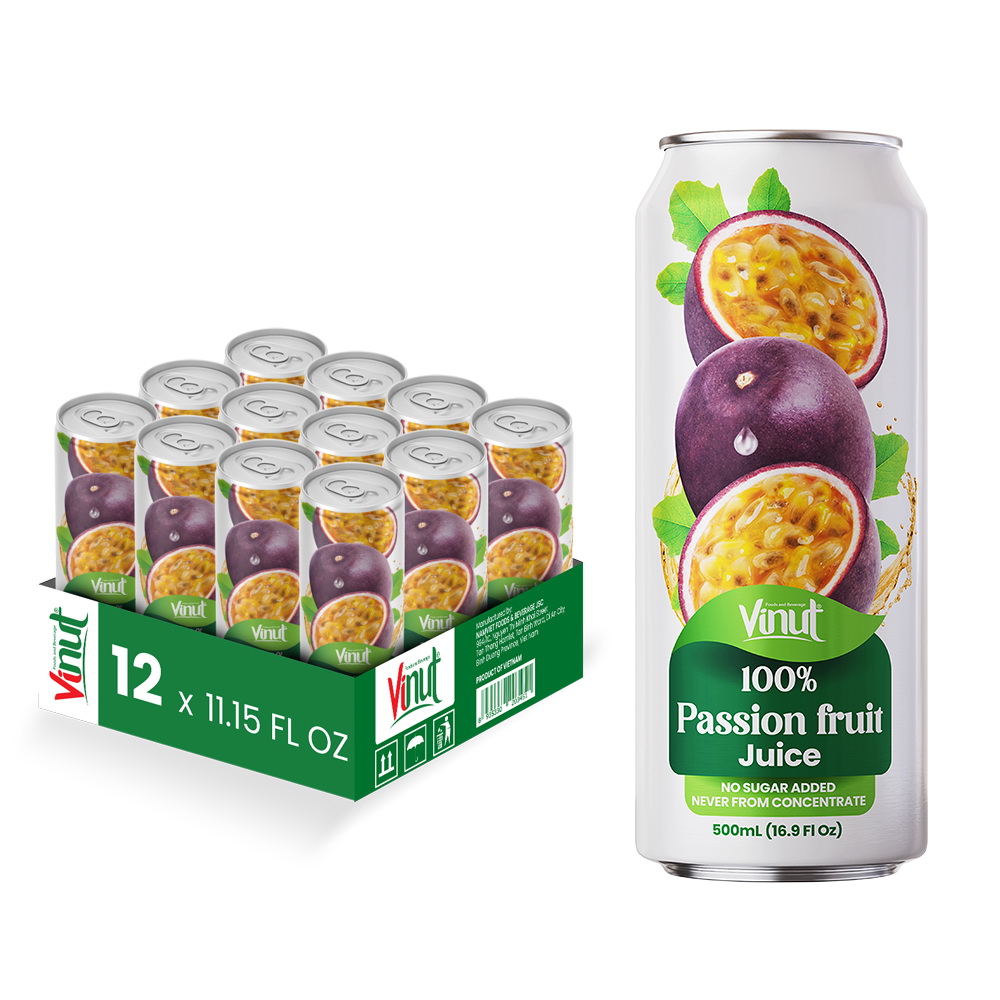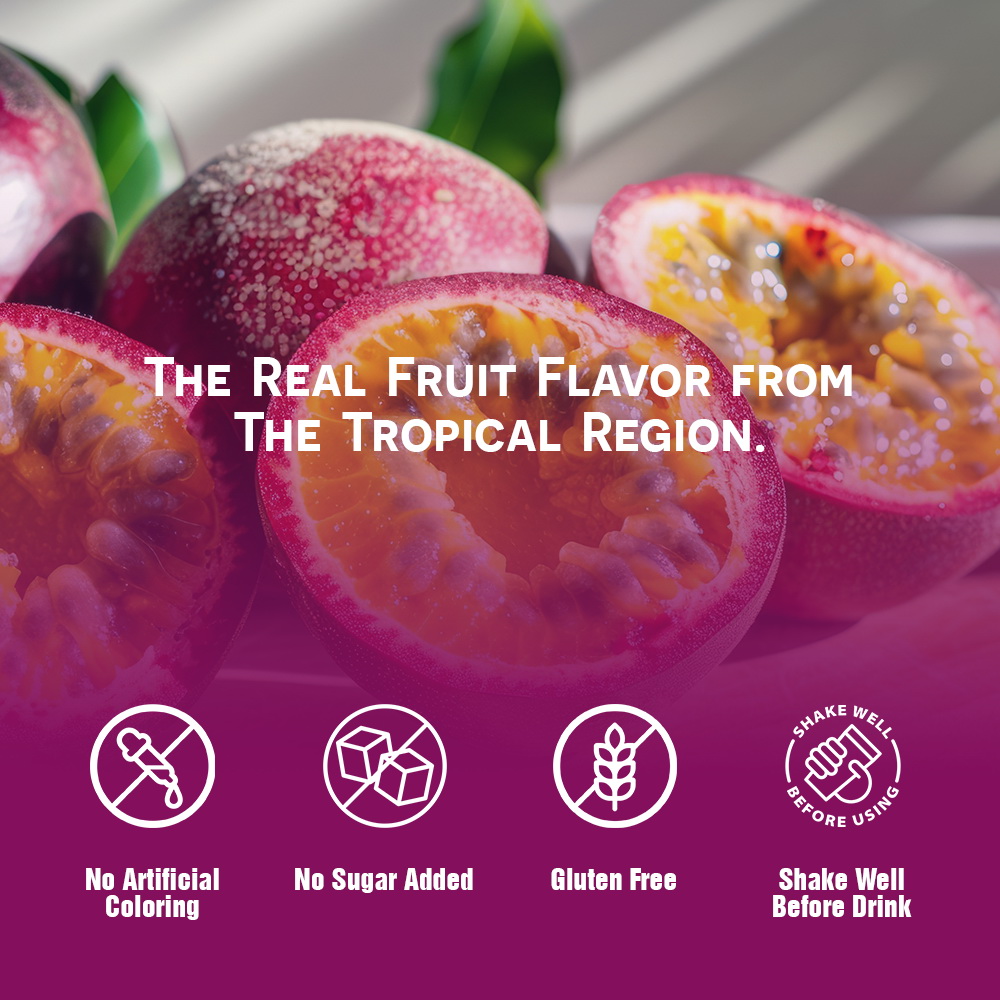
BLOG
What Are the Benefits of Basil Seeds?
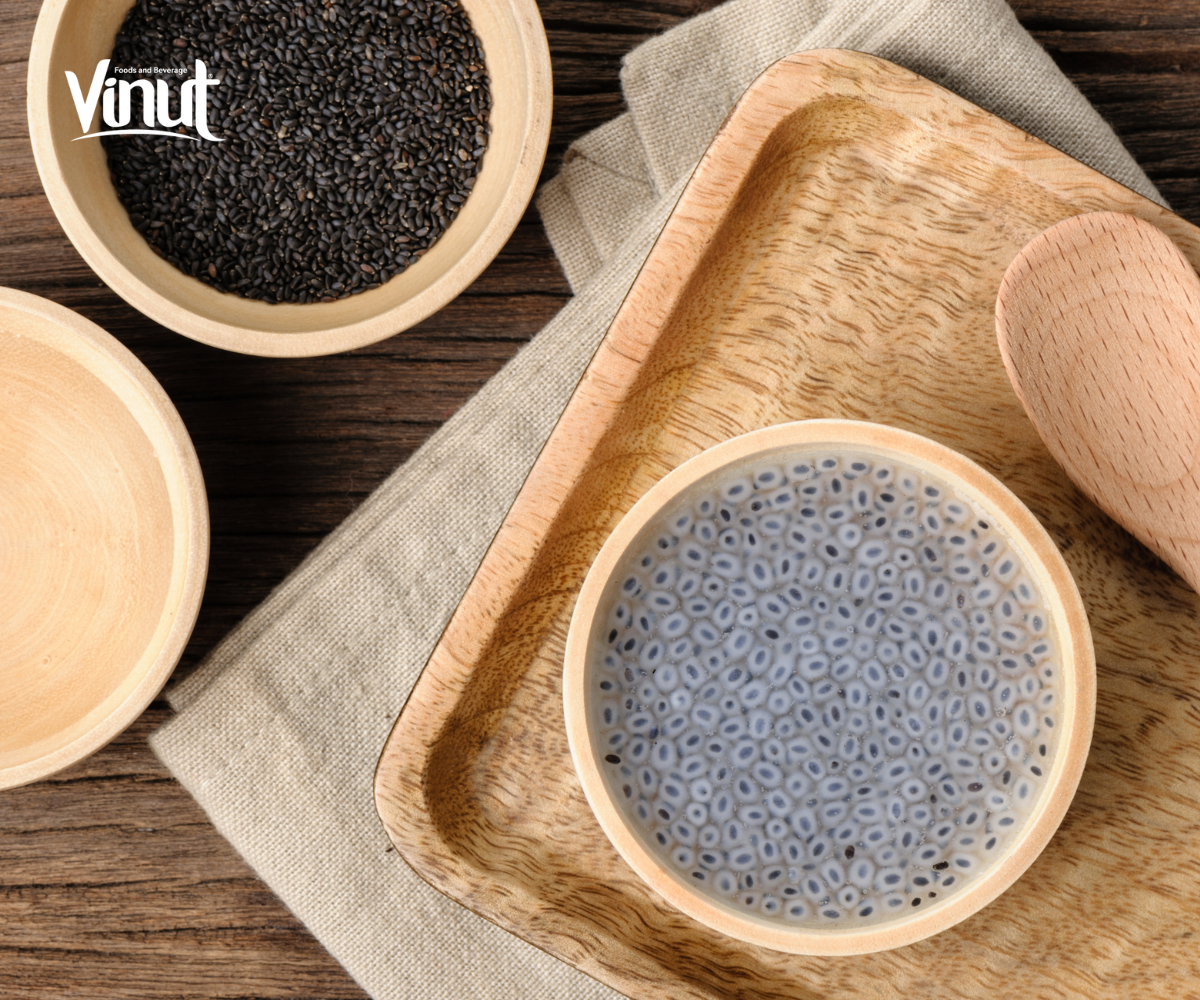
1. What Are Basil Seeds?
Basil seeds come from the basil plant (Ocimum basilicum), specifically from the variety known as sweet basil. These seeds are small, black, and have a gelatinous texture when soaked in water. They are commonly used in various cuisines and traditional medicine practices due to their nutritional content and potential health benefits.
2. Nutritional Profile of Basil Seeds
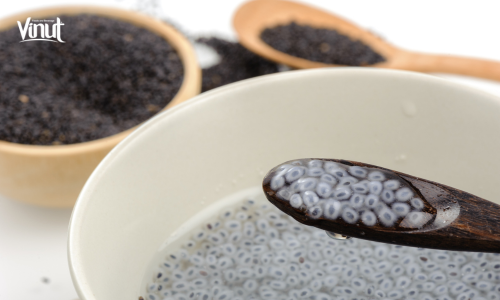
Basil seeds are a powerhouse of essential nutrients. Here's a closer look at their impressive nutritional profile:
- Fiber: Basil seeds are rich in dietary fiber, which aids in digestion and helps maintain a healthy digestive system.
- Proteins: They contain a good amount of protein, which is essential for muscle repair and overall bodily functions.
- Vitamins: Basil seeds are a source of vitamins such as vitamin A, vitamin K, and several B vitamins.
- Minerals: These seeds provide important minerals, including calcium, magnesium, potassium, and iron.
- Antioxidants: Basil seeds are packed with antioxidants, which help combat oxidative stress and protect the body from harmful free radicals.
3. Health Benefits of Basil Seeds
Basil seeds have been used in traditional medicine for centuries, and modern research supports many of their purported health benefits. Here are some of the key advantages of incorporating basil seeds into your diet:
1. Supports Digestive Health
The high fiber content in basil seeds makes them an excellent aid for digestion. Fiber helps regulate bowel movements, prevent constipation, and support a healthy gut microbiome. Adding basil seeds to your diet can help promote regularity and improve overall digestive function.
2. Aids in Weight Management
Basil seeds can be beneficial for weight management due to their high fiber and protein content. Fiber helps you feel full and satisfied, reducing the likelihood of overeating. Additionally, protein plays a role in muscle maintenance, which can support a healthy metabolism.
3. Promotes Healthy Skin
The antioxidants and essential fatty acids found in basil seeds contribute to healthy skin. Antioxidants help combat free radicals that can cause premature aging, while fatty acids support skin hydration and elasticity. Regular consumption of basil seeds may lead to a more radiant and youthful complexion.
4. Supports Heart Health
Basil seeds are rich in omega-3 fatty acids, which are known to support heart health. Omega-3s help reduce inflammation, lower blood pressure, and improve cholesterol levels. Including basil seeds in your diet can contribute to a healthier cardiovascular system.
5. Regulates Blood Sugar Levels
Studies suggest that basil seeds may help regulate blood sugar levels. The fiber and gel-forming properties of basil seeds can slow the absorption of sugars, leading to more stable blood sugar levels. This can be particularly beneficial for individuals with diabetes or those at risk of developing diabetes.
6. Boosts Immune System
The vitamins and minerals in basil seeds play a role in strengthening the immune system. Vitamin C, vitamin A, and zinc are essential for immune function and help protect the body against infections and illnesses. Regular consumption of basil seeds can support overall immune health.
4. How to Incorporate Basil Seeds into Your Diet
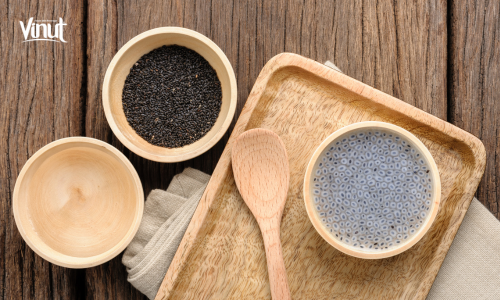
Basil seeds are incredibly versatile and can be easily incorporated into various dishes. Here are some popular ways to enjoy basil seeds:
1. Basil Seed Pudding
Basil seed pudding is a delicious and nutritious dessert that can be customized with various flavors. Simply soak basil seeds in your choice of milk or plant-based milk, add a sweetener if desired, and let it sit until the seeds swell and form a gel-like consistency.
2. Smoothies and Juices
Add a spoonful of basil seeds to your favorite smoothie or juice for an extra boost of nutrients and texture. The seeds will expand and add a unique, slightly crunchy texture to your beverages.
3. Salads
Sprinkle soaked basil seeds over salads for added crunch and nutritional value. They pair well with both savory and sweet salads, enhancing both flavor and texture.
4. Baking
Incorporate basil seeds into your baking recipes, such as muffins, bread, or granola bars. The seeds add a nutritional punch and a subtle crunch to your baked goods.
5. Soups and Stews
Add basil seeds to soups and stews to thicken the texture and boost their nutritional content. The seeds will absorb liquid and contribute to a heartier dish.
5. Tips for Using Basil Seeds
- Soaking: Always soak basil seeds in water before consuming them. This helps them expand and form a gel-like texture, which enhances their digestibility and nutritional benefits.
- Storage: Store basil seeds in a cool, dry place in an airtight container to maintain their freshness and prevent them from becoming rancid.
- Moderation: While basil seeds are nutritious, it’s essential to consume them in moderation. Too much fiber can cause digestive discomfort, so start with small amounts and gradually increase your intake.
Conclusion
Hạt húng quế là nguồn dinh dưỡng dồi dào mang lại nhiều lợi ích cho sức khỏe. Từ việc hỗ trợ sức khỏe tiêu hóa đến thúc đẩy làn da và sức khỏe tim mạch khỏe mạnh, những hạt nhỏ bé này có tác dụng đáng kể. Bằng cách kết hợp hạt húng quế vào chế độ ăn uống của bạn, bạn có thể tận hưởng nhiều lợi ích của chúng trong khi thêm sự đa dạng vào các bữa ăn của mình. Cho dù bạn thưởng thức chúng trong bánh pudding, sinh tố hay salad, hạt húng quế đều là một sự bổ sung có giá trị cho lối sống cân bằng và có ý thức về sức khỏe.
To learn more about basil seed water, you may refer to the product below.

